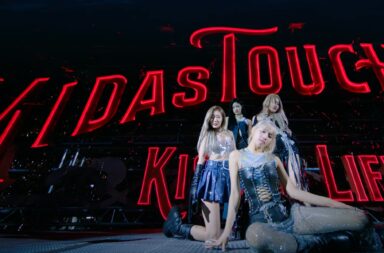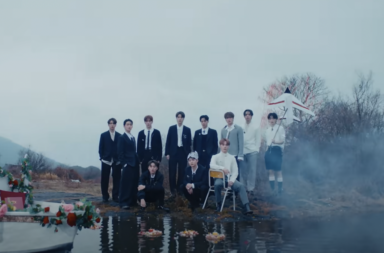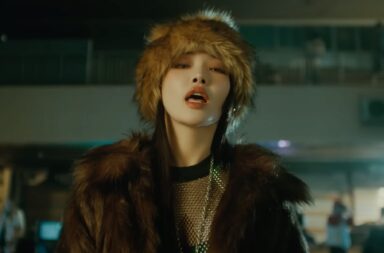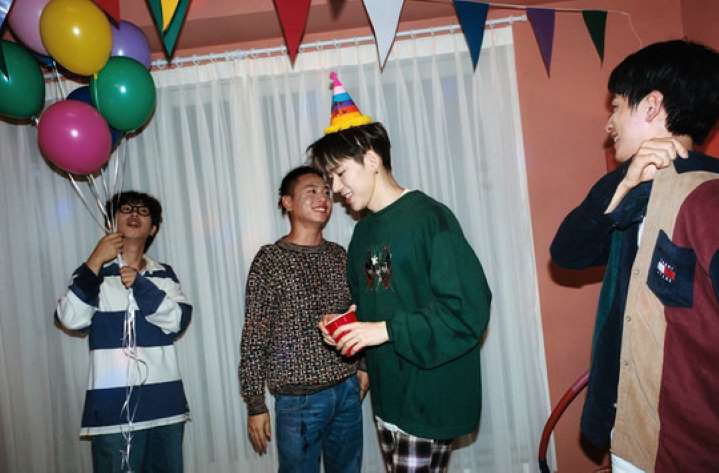
In the context of a fast-paced music industry, Zico’s transitions from the underground hip-hop scene, Stardom Entertainment, Seven Seasons, and now to his own KOZ Entertainment is nothing short of impressive. Having debuted nine years ago in the industry and worked as an underground artist prior, he managed to survive numerous passing trends, if not new generations entirely. 2011 marked the beginning of his career as a hip-hop idol group leader, back when the genre was still quite understated in the K-pop industry. Meanwhile, 2014 marked the period where Zico returned to making his own music through his new agency, having culminated a variety of experiences as an artist.
The next five years saw Zico experiment with genres in unprecedented ways for both him and his group. Block B’s discography grew with creative tracks that were a mesh of urban boy-band and hip-hop vibes, from “Jackpot” to “H.E.R” and “Toy.” Simultaneously, Zico dipped in toes into ballad, jazz, pop, and more, all the while maintaining his distinct sound. He also followed suit with rappers who trained themselves to sing if it be fitting for a certain song. Underlying his new attempts, however, is a consistent notion of telling his personal stories for us to not only hear, but also relate with. Ultimately, what Zico has continued even after establishing KOZ is sharing his own personal stories – but in a mellower, more human way than his past releases.
Fittingly, his recent comeback “Any song” continues to stretch his musical boundaries in a simple, classic way. Objectively, there were not many frills or special effects attached – just innovative camerawork, a slightly retro, vintage setting, and lots of actors who succeeded in having too much fun on their own. Each game they forced Zico to play, or the unwelcome lifts into the air only prolonged his much desired exit. It was only when no one was watching did Zico actually enjoy himself (which was probably his initial plan to begin with). Ironically, his friends finally celebrated his birthday with a cake after their own fun, once the sun rose. Having had enough, he leaves his own home and runs out into the freedom of the outside world.
As hilarious or relatable it can seem, the MV and song both work together to speak about millennial youth. First, the MV highlights the isolating but very real feeling of everyone having fun but you. Though rather than #fomo (fear of missing out), it is a matter of them blindly having fun to fuel their own worlds. This context lies in direct contrast to the song’s lyrics, which has Zico wanting to have fun in order to pretend he is okay, to get away from his monotonous life. It is interesting to have the song and MV speak for different people at once, having viewers reconcile these separate images into one mood – wanting to escape. In order to do so, some may turn on a loud song and forget everything; others might be the only one not following along. Perhaps Zico believes it all culminates into the same thing. This is potentially seen when, once his friends are all passed out, Zico jams out to his headphones alone. He still enjoys himself the same way as they had done, it is just a difference in how. Once company rejoins him, he then runs out and jumps into the air.
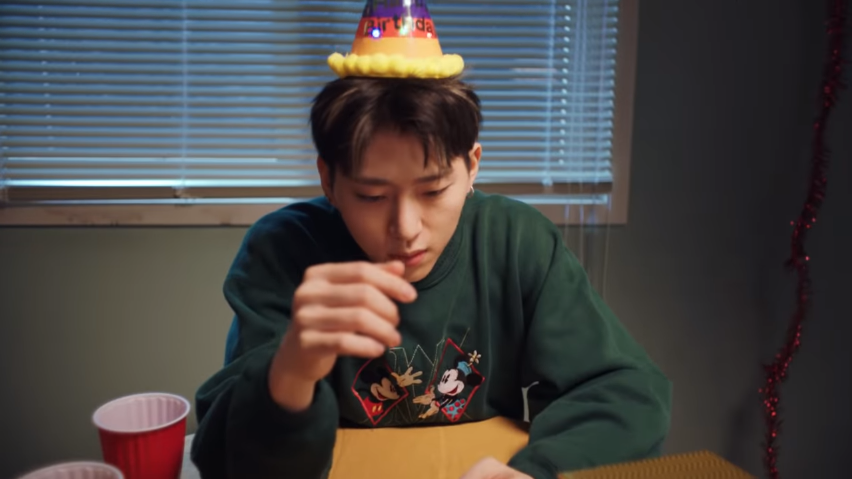
Regarding the idea of millennial youth, most can assume it is all a matter of company. But nobody really talks about the experience of being and enjoying yourself alone. Likewise, a fun escape is often sought out through good company, though that may not always be the case. Especially since, in the MV, Zico’s friends are having fun whether or not he is even enjoying their company. A small meet-up also turns into a wild house party that frankly makes you wonder how much Zico will have to clean up afterwards. This social disjunction is the essence of the MV and song’s collaboration, so as to have the current generation jam along to such a catchy but relatable message.
It is further noteworthy to point out the simplicity behind the MV itself. As aforementioned, the innovative camerawork keeps the MV engaging as it not only films Zico but his friends, who take active roles in this video. Though the story is pretty straightforward, it is made more comical and interesting thanks to the actors’ roles that showcase the direct irony against Zico himself. Despite it all being filmed in one setting, the diversity of shots, angles, and sceneries keeps it interesting for the viewer. This simplicity brings greater focus onto the essential theme of irony in the MV. Altogether, Zico did a great job expanding on simple ideas to bring forth more depth into his ultimate message on all things youth related.
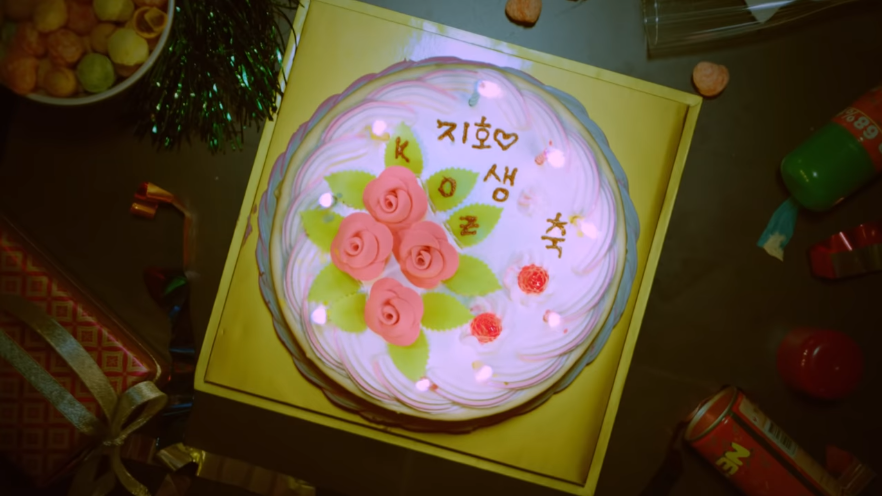
On a broader note, it is worth dwelling on how the momentum behind Zico’s discography lies parallel to his growth as an artist in the industry. Initially, his releases from Seven Seasons have been creative and loud in its genre and color, consistently presenting an element of surprise. Most, if not all, of his releases were pleasantly varied regarding genre choice, and as a result they further verified his experimentation and credibility as a producer. After coming out with “Eureka” featuring Zion T for his first EP Gallery, he returned to the scene with “I am You, You are Me,” “Bermuda Triangle” featuring Crush and Dean, “She’s a Baby,” and “Television” – each song so varied in genre but nonetheless distinct solely for Zico. Increasingly, this left me wondering what kind of musical style he will pull off next to add onto his palette.
Meanwhile, 2018 showed a subtle shift in his storytelling methods in music. Starting from “SoulMate,” his last solo release prior to his leave from Block B, Zico took another step towards fleshing out his musical depth. The collaborative hit with IU was a whimsical, surreal release with a unique approach to dwell on connections and relationships – a topic seldom new, but in this case was so refreshing and catchy to listen to. Moreover, having branched out of familiar genres to sing with IU, his list of creative achievements grew longer.
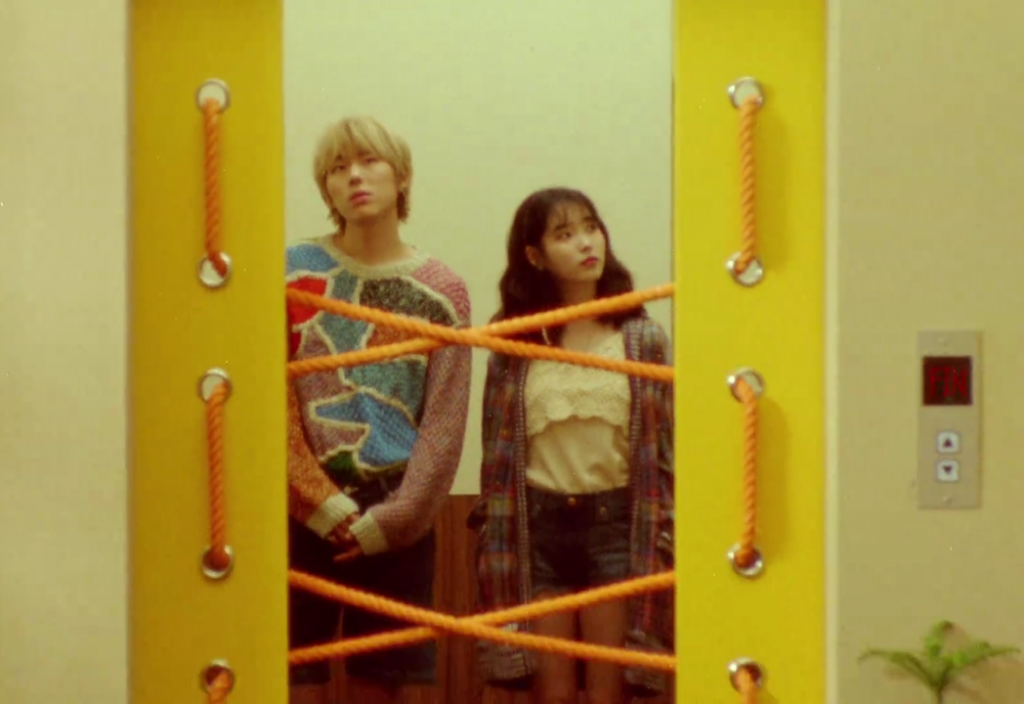
Overall, if his first batch of solos were phase one and “SoulMate” was a bridge, then phase two of Zico in KOZ Entertainment has revealed a more realistic, human approach to making music. Compared to his time in Seven Seasons, Zico’s musicality as his own boss took a turn for deeper, more vulnerable music. This could be attributed to many things, from the difficulties of transitioning out of Block B, to the more personal scandals that occurred around the same period. A good handful of tracks from part 1 and 2 of his Thinking EP – “Human,” “Extreme,” “Being left,” and “Balloon” – reach down to the core of human emotions and takes meticulous detail in diction and visual storytelling to portray subtle statements.
With these array of songs, he easily shifts from one genre and theme to another in order to have us truly hear his message. Zico thus wrapped up 2019 in this manner, reaching his first anniversary with KOZ soon after. Considering “Any song” as his entry into 2020, what do our readers think of Zico’s ongoing musical growth? Let us know in the comments below!
(YouTube. Images via KOZ Entertainment)
